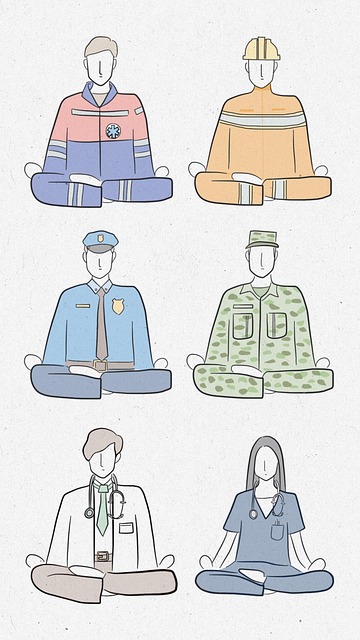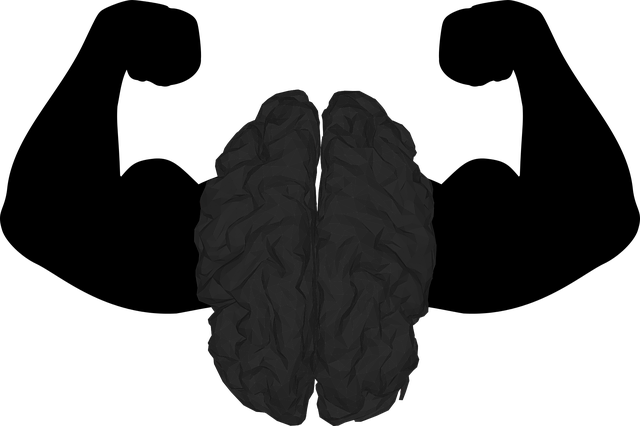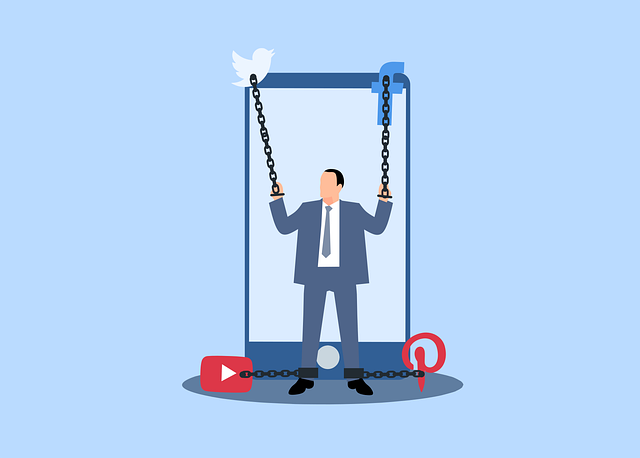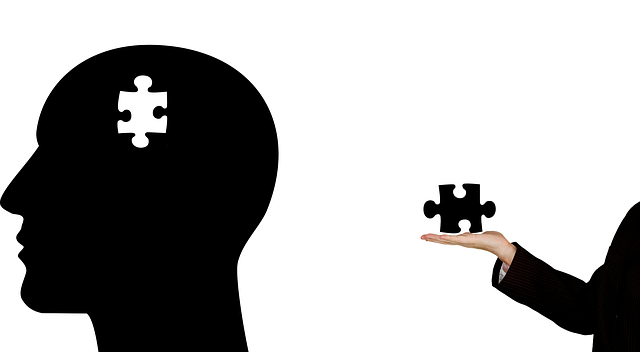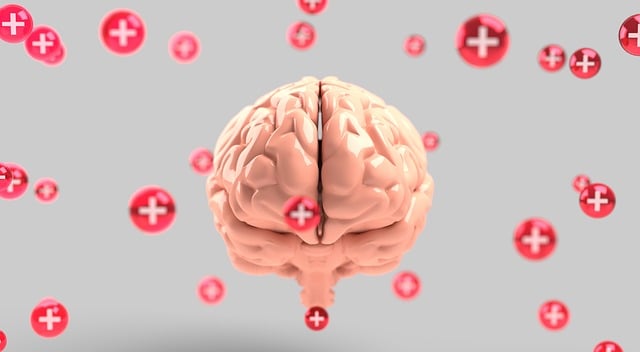The text highlights the detrimental impact of stigma on mental health, particularly hindering access to critical support and treatment. It emphasizes the need for cultural sensitivity, education, and effective communication in healthcare practices to combat prejudice. Strategies include community outreach, advocacy, support groups, peer mentorship (as offered by Littleton Geriatrics Therapy), policy changes, and raising awareness to normalize conversations about mental health, reduce discrimination, and improve well-being.
Mental illness stigma is a significant barrier to individuals seeking help. This article explores comprehensive strategies for stigma reduction, including education, communication, support groups, and policy changes. By understanding the profound impact of stigma on mental health, we can foster an inclusive society, much like Littleton Geriatrics Therapy aims to do. Discover effective approaches to combat negative perceptions and promote improved access to care.
- Understanding Stigma and Its Impact on Mental Health
- The Role of Education in Reducing Stigma
- Strategies for Effective Communication and Advocacy
- The Power of Support Groups and Peer Mentorship
- Policy Changes and Legal Rights: A Pathway to Inclusion
Understanding Stigma and Its Impact on Mental Health

Stigma surrounding mental illness is a significant barrier to seeking help and can have detrimental effects on an individual’s overall well-being. It often manifests as negative attitudes, beliefs, and stereotypes about people with mental health conditions, leading to discrimination and social isolation. This internalized shame and fear of judgment can make it challenging for individuals to open up about their struggles, hindering access to much-needed support and treatment. For instance, the experience of a senior citizen in Littleton Geriatrics Therapy might be compounded by ageist beliefs, further exacerbating existing mental health issues.
Reducing stigma is crucial in fostering an environment where individuals feel comfortable discussing their mental well-being openly. This involves promoting cultural sensitivity in mental healthcare practice to cater to diverse populations and encourage positive thinking as a means of burnout prevention. By challenging societal norms and raising awareness, we can create a more supportive network, ensuring that those facing mental health challenges receive the understanding and care they deserve without fear of stigma-related repercussions.
The Role of Education in Reducing Stigma

Education plays a pivotal role in unraveling the complex web of mental illness stigma. By integrating mental health awareness into academic curricula, we can foster environments where young minds develop empathy and understanding. Teaching about various mental health conditions, their causes, symptoms, and treatment options normalizes conversations around these topics, breaking down societal barriers. At Littleton Geriatrics Therapy, we believe in the power of education to empower individuals to recognize signs of struggle in themselves and others, encouraging early intervention and support-seeking behaviors.
Community outreach programs can further enhance these educational efforts. Workshops, seminars, and peer-led discussions facilitate open dialogue, dispel myths, and offer practical tips for self-care routine development for better mental health. Initiatives like depression prevention campaigns, targeted at vulnerable groups, can significantly reduce the burden of stigma by promoting resilience and coping strategies. Through such comprehensive approaches, we strive to create a supportive society where individuals affected by mental illness feel understood, accepted, and encouraged to seek professional help without fear of judgment.
Strategies for Effective Communication and Advocacy

Effective communication is a powerful tool in the fight against mental illness stigma. Encouraging open conversations about mental health can help to normalize these discussions and reduce the associated shame. Healthcare providers play a crucial role in this by demonstrating cultural sensitivity in mental healthcare practice and ensuring they are well-trained in mental health awareness. This involves using inclusive language, actively listening to patients’ experiences, and providing non-judgmental support. By fostering an environment of trust and understanding, providers can empower individuals to seek help without fear of stigma or discrimination.
Additionally, advocacy efforts can drive systemic change. Encouraging people to share their stories and advocate for better mental healthcare policies can lead to increased healthcare provider cultural competency training and improved access to quality care. Organizations like Littleton Geriatrics Therapy are actively involved in such initiatives, promoting mental health awareness through community engagement and education. This collective action ensures that the conversation around mental illness is not only normalized but also informed, ultimately leading to reduced stigma and better support for those facing mental health challenges.
The Power of Support Groups and Peer Mentorship

Support groups and peer mentorship play a pivotal role in reducing the stigma surrounding mental illness. These initiatives provide a safe and non-judgmental space where individuals facing similar challenges can connect, share experiences, and offer mutual support. By fostering open dialogue, participants gain valuable insights into managing their conditions and build resilience against societal stereotypes.
Littleton Geriatrics Therapy recognizes the transformative power of these groups, which extend beyond mere social interaction. They serve as powerful tools for education, encouraging members to advocate for their mental health needs. Moreover, peer mentorship programs can effectively combat isolation by matching individuals with mentors who have successfully navigated similar struggles, offering practical advice and emotional backing. Such personalized support significantly contributes to improved well-being and reduced feelings of alienation, ultimately playing a crucial role in depression prevention and burnout prevention strategies for healthcare providers.
Policy Changes and Legal Rights: A Pathway to Inclusion

Policy changes and legal rights reforms play a pivotal role in reducing the stigma surrounding mental illness. By implementing comprehensive legislation, governments can ensure equal access to quality mental health services for all citizens. This includes protective measures against discrimination based on mental health status, fostering an environment where individuals feel empowered to seek help without fear of judgment or loss of opportunities.
For instance, organizations like Littleton Geriatrics Therapy advocate for policy changes that promote emotional well-being promotion techniques and stress management workshops organized by community groups. Through Community Outreach Program Implementation, these initiatives raise awareness, dispel myths, and educate the public about mental health issues. Such efforts contribute to a more inclusive society where individuals with mental illness can thrive without facing legal barriers or societal prejudice.
Mental illness stigma reduction is a multifaceted approach that involves education, communication, support, and policy changes. By understanding the impact of stigma and its root causes, we can create a more inclusive society where individuals like those served by Littleton Geriatrics Therapy feel empowered to seek help without fear of judgment. Through advocacy, peer mentorship, and policy reforms, we can break down barriers and foster a culture that prioritizes mental health. Together, these efforts will lead to improved outcomes for everyone affected by mental illness.
